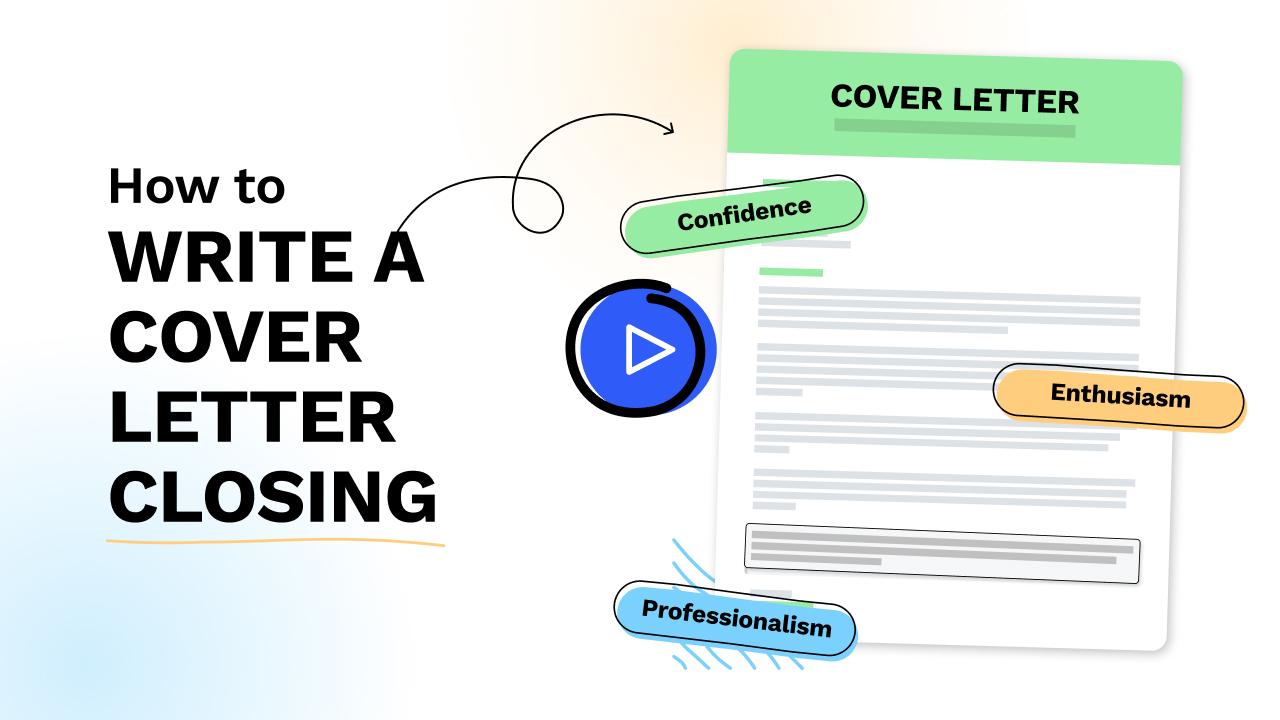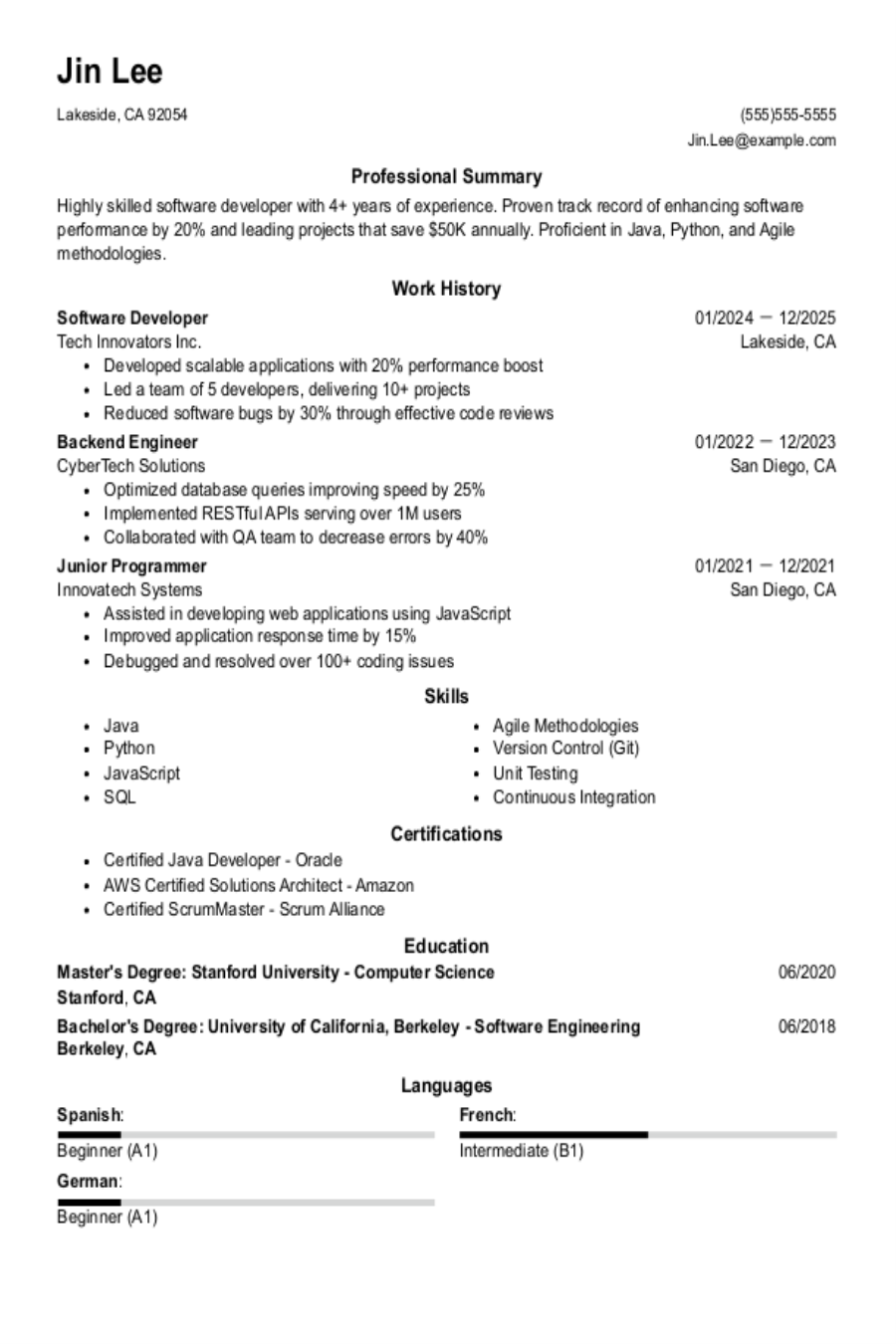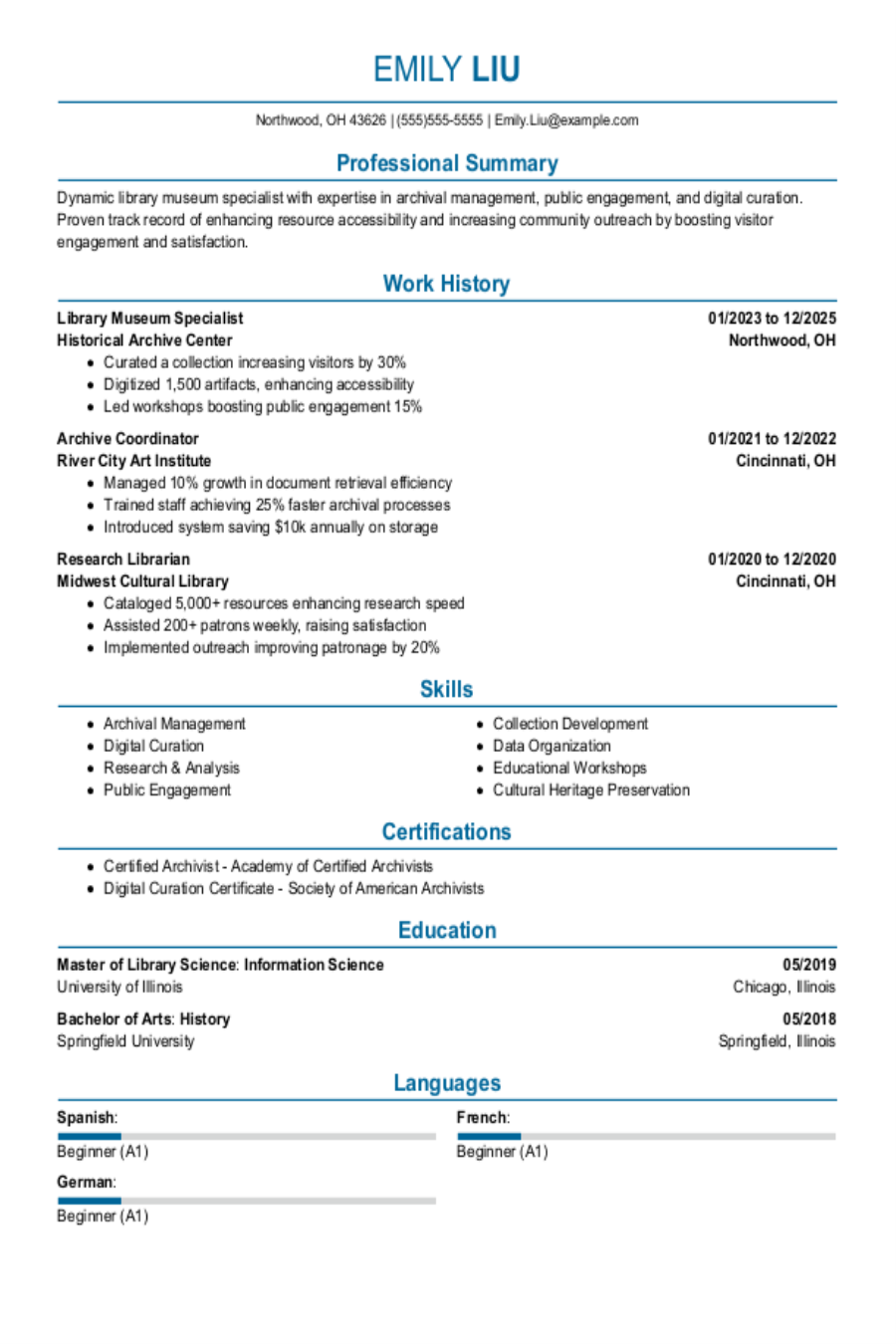Whether you’re just starting your career or looking to advance to the next stage, learning how to write a strong cover letter is an essential step toward securing that perfect position. But what’s next when you’ve got the body of your cover letter under control? Don’t lose that momentum. What you need is a strong closer to seal the deal and ensure that your cover letter leaves a good lasting impression.
We’re here to help. If you need help getting started on your cover letter, take a look at our library of cover letter examples and cover letter templates to help you hit the ground running. If you’re ready to write your cover letter closing paragraph, we’ll give you a strong place to start with some tips and examples for how to stick the landing and end a cover letter on the right note.

How to end a cover letter
Before we dive into some examples, let’s go over the essential information that should be featured in your cover letter closing.
What should go into a cover letter closing
A cover letter conclusion is strongest when it includes:
- A summary of your relevant qualifications and interests. Remind the hiring manager why you want the job and why they should hire you for it.
- A call to action inviting the hiring manager to contact you.
- A signoff that thanks the hiring manager for their time.
To incorporate these points, take a look at your cover letter body and your resume and jot down some notes. Make a list of strengths that you want to call attention to and highlight those in your closer.
For the best chance of catching the hiring manager’s attention, look over the job listing and try to close your cover letter with a qualification that aligns with what the hiring department is looking for. Your most relevant professional skills are a great note to end on as you conclude your letter.
Common advice on how to write a cover letter closing suggests that you should end on a “call to action.” This invites the reader to reach out and leaves the door open for an interview. A call to action makes for a great cover letter conclusion as long as you get the tone right. Balance is key. You should be confident but not overbearing.
Pro Tip:
A great cover letter closing should be enthusiastic and confident without crossing the line into pushy territory. Try to keep the focus on the things that you can contribute to the role, instead of just insisting on how great you are.
Persuasive cover letter closing examples
Do:
As a detail-oriented auditor with a track record of reducing errors by 46% on average, I am eager to discuss how my diligent data handling can contribute to the efficiency of Pendleton Consulting’s internal auditing team.
Thank you for taking the time to read and consider my application,
Johnny Wharton
This example is polite, professional and reiterates the candidate’s relevant skills in a way that emphasizes his potential contributions. Now, let’s look at an example of a closing that doesn’t leave a good impression.
Don’t:
My current employer says that I am the best auditor on the team. I am excited to join your company. Please let me know when I can start.
Cheers,
Eddie Hamilton
This example commits a few faux pas. The first is that it doesn’t revisit any of the candidate’s skills or competencies. Instead of focusing on his ability to contribute, this candidate describes his accomplishments in a way that feels self-aggrandizing. He also implies that he has already been hired. This comes off as arrogant rather than confident. Furthermore, “cheers” is not an appropriate signoff for a cover letter.
This stands out as both rude and unhelpful, especially when placed in contrast with the first example which includes numbers that demonstrate the value that the candidate brings to the role and suggests a future discussion as a subtle and appropriate call to action.
Cover letter closing paragraph examples for different purposes
If you’re applying for your first full-time job
When you lack professional work experience, remind the employer that you have what it takes by referring to your passions and goals. You won’t be able to sell them on your experience, so focus on what you can sell. Reaffirm your enthusiasm for the company and then confidently but respectfully invite them to connect.
For example:
I am impressed by the way that Little Learners invests, not only in its students but also in disadvantaged youth in our community. I’ve been volunteering for the last two years as a mentor for 8th-grade students transitioning out of the foster care system and I’m very passionate about serving my community.
I’m excited to meet with you in person to discuss how I can apply my skills working with troubled teens to your award-winning child advocacy program. Please feel free to call or email me any time.
Best Regards,
Emma Calderon
Pro Tip:
Your closing paragraph should match the tone of the rest of your cover letter as closely as possible. Discuss your core competencies without veering off into bragging territory.
If you have steady employment and have been working at your company for at least one year
If you’ve been working for a while and you have consistent job experience, then make it clear that you’re the best candidate for the job by focusing on your achievements. Explain why your current responsibilities and projects align with the role’s expectations.
For example:
I’ve been recognized for my track record of 100% diagnostic accuracy and received the The Auto Care Association Impact Award two years in a row. My supervisors would tell you that I’m committed to the highest standards of service for our customers.
I’d love to discuss with you how I can apply the same level of care to your customers. Please call or email me at your earliest convenience to schedule an interview.
Sincerely,
Franklin Benitez
Pro Tip:
Keep things fresh. Avoid repeating phrases from your resume or the other sections of your cover letter. Resume and cover letter space is precious real estate. Fill it with new and persuasive details.
If you’re changing careers
When you’re changing careers, end your cover letter by recapping your story and emphasizing the transferable skills or knowledge you bring to the table. If you have technical know-how from hobbies, freelance or volunteer work, then let them know before you sign off.
Add supportive links to a portfolio, professional website or examples of your work if you have them. End your letter by inviting the hiring manager to meet you for an interview, where you can answer their questions about your background.
For example:
Although graphic design and illustration skills weren’t required in my previous roles, I proactively created images for Mighty Media’s advertising materials and designed the sales department’s digital newsletter. Please take a moment to review my portfolio. I’d love to meet with you to discuss your design needs and how I can contribute to your team.
Thank you,
Lillian Welch
Pro Tip:
Confidence is key. Your call to action shouldn’t be wishy-washy. Don’t be afraid to firmly tell the hiring manager to call you for an interview. Just don’t tell them that you’ll call them or imply that they’ve already chosen you for the role. This is too far and comes off as pushy.
If you’re applying for a managerial position
When you’re applying for a managerial position, end your cover letter by reiterating your managerial experience and capabilities. If you don’t have experience as a manager, point to your relevant soft skills and explain how they apply to the role.
For example:
Thanks to my experience managing the Northwest branch of Klamath Brothers, I am confident that I have the skills to excel in this role. My organizational and interpersonal skills have allowed me to build strong relationships with fellow team members, upper management and customers that have consistently resulted in productivity and growth. I am eager to further discuss how we can work together to make Stein and Hardy successful as it expands to new markets.
Thank you for your consideration,
Vera Feng
Pro Tip:
Confidence and humility are a delicate balance to strike. Choose your words carefully to convey a sense of both gratitude and professionalism.
Here’s What People Are Saying About Us
How to sign a cover letter
Now that your closing paragraph is finished, it’s time to sign your cover letter and send it off to your future employer. This last step is easy, but still vital to making the right impression.
Your cover letter signature should be respectful and appropriately formal, without sounding too stiff or Victorian. Here are some timeless choices and some cover letter closers to avoid.
Do
- Thank you
- Sincerely
- Best regards
- Respectfully
- Thank you for your consideration
- Kind regards
Don’t
- Thanks
- Cheers
- Best wishes
- Ciao
- Xoxo
- Stay cool
While some of these closers are downright silly, it’s important to keep in mind that casual signatures like “thanks” and “cheers” are not appropriate for this type of document.
Key Takeaways
Be confident:
The closing paragraph of your cover letter should bring home all of your arguments and leave an impression of competence. Confidently state your abilities and defend your belief that you would excel in the role.
Be polite:
State your abilities graciously, without self-aggrandizing or making presumptuous statements. It may help to have a friend read your cover letter for you to ensure you’re striking the right balance in tone.
Reiterate your qualifications:
Choose some of your most important qualifications and briefly reiterate them here. Don’t repeat yourself exactly, but restate why you feel this role is a good fit for you using specific examples of your matching skill set.
Include a call to action:
Write a short call to action that doesn’t feel needy or demanding. A simple request to continue the conversation at a later date is all you need to sound confident and be respectful.
Choose an appropriate signature:
Every letter needs a signoff. Omitting the signature is a bit like hanging up the phone without saying goodbye. For an appropriately professional cover letter signature, stick with classics like “sincerely” or “thank you.”
Was this information about How To Write A Cover Letter Closing helpful? Let us know!
Heather is the Content Strategy Manager for Resume Now and a Certified Professional Resume Writer (CPRW) with more than ten years of experience writing about job search and career topics. She is based in San Francisco.
More resources

Bad Cover Letter Examples: How To Fix Those Annoying Mistakes
Check out four sample cover letters and then learn from a pro...
![Communication Skills for Your Resume [40+ Examples and How to Improve Them] Communication Skills for Your Resume [40+ Examples and How to Improve Them]](/sapp/uploads/2025/08/Communication-skills.png)
Communication Skills for Your Resume [40+ Examples and How to Improve Them]
Good communication skills can propel your personal and profess...

How to List Language Skill Levels on Your Resume
Language skills give you an instant advantage in the job marke...

Software Developer Resume: Examples & Templates
Build & download your Software Developer resume in a few simpl...

Logistics Resume: Examples & Templates
Build & download your Logistics resume in a few simple steps. ...

Library Museum Resume: Examples & Templates
Build & download your Library Museum resume in a few simple st...
